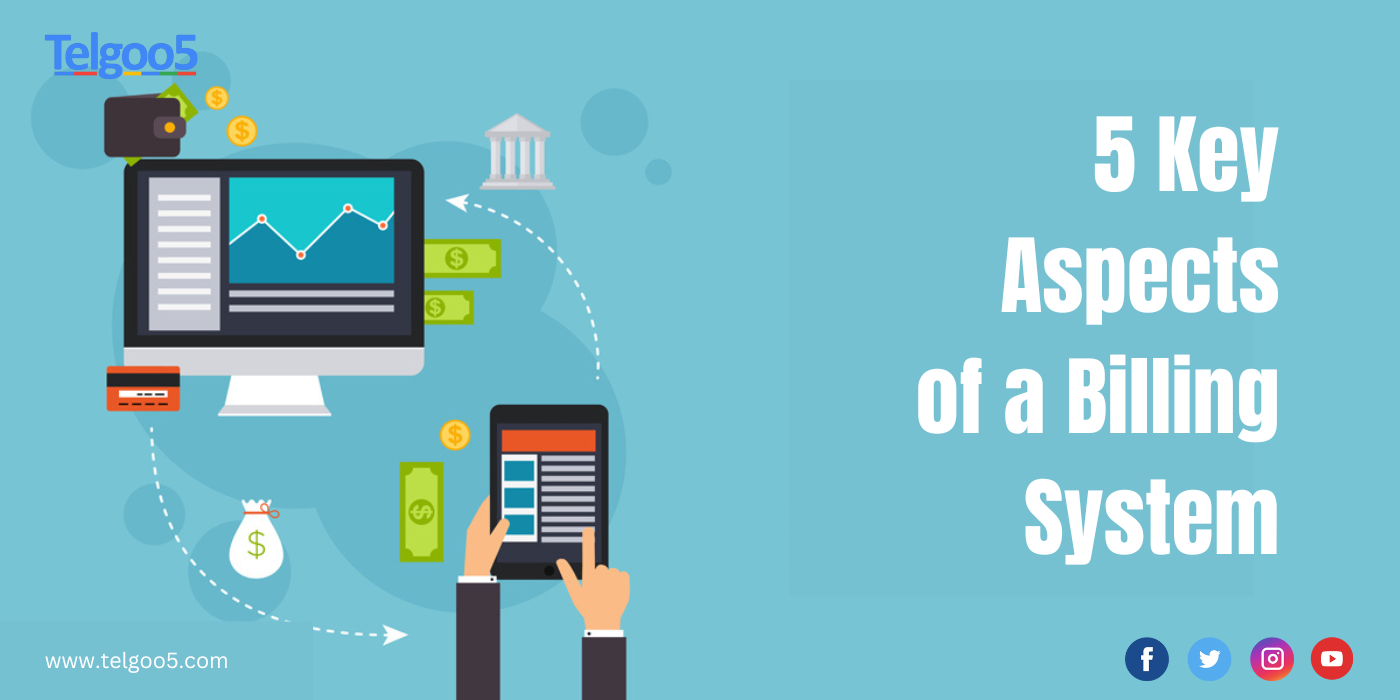
5 Key Aspects of a Billing System
While operating a business it is important to have a great billing system. If the bills are paid on time, then it ensures that the business is running smoothly. Lateness when it comes to the release of funds will not help in keeping the business afloat. Depending on the options that you have available, which may include payments via small installments or monthly payments, it is important to keep track of the funds coming in and out of the business. A good billing system needs to have certain key qualities that will help you keep track of payments. Cellular network operators need to consider the kind the elements the billing system that they will decide to implement possesses. A billing system is key to running a good business. Here are some of the important components of a good billing system.
Aspects of a billing system
1. Does your billing system have billing codes?
It is important for cellular networks to have billing codes since they offer an array of services. They include; data, voice calls, and message among others. When you have a code for each of the services that your business provides you can be able to keep track of the payments. Codes will also help you to be able to determine which services clients prefer most since they will purchase them more than the others. You should have billing codes which are in line with your business and which can help your subscribers pick out product and services easily.
2. A billing system should be able to track payments
Tracking the payment of your clients is a very important aspect of a billing system. If the billing system is operated from a computer whereby all the details are available it will be easy to keep track of the payments. The billing system should have an option which will enable you to send reminders to users a few days to the payment so they can remember to make payments on time. Employees will be able to keep track of clients who do not pay on time and send them reminders to make their payments. If the defaulters have gone past an agreed period the employees can be able to keep track of that and they will be able to impose an extra fee. The system should be able to allow the provider to contact the subscribers who have not made their payments and remind them to pay. This can be done by sending a message or via a phone call conversation.
3. It should be able to verify the users’ information and store their data
A network provider should have the data of its providers in their database. That includes their names, their address, their payment terms as well as any other information that is necessary. After collecting the information of their subscribers, they should also collect information that pertains to the product and services that the subscriber is using. Entering this data will help with easy retrieval of information where necessary.
4. It should be secure
Information entered into the database of any network provider about a subscriber is sensitive. The information should not be shared with anyone else and it should not be easily retrieved by any third parties. It is important for a billing system to be regularly updated in order to avoid access by hackers. The information should only be accessed by users who have permission to access it. What payment methods are you accepting? If you are accepting payment methods such as credit cards you will have to ensure that you adhere to the standards which have been set by the industry.
5. Affordability
When you invest in a billing system that seems to cost less you are likely to incur technical hitches which involve disconnections. However, thinking long term and investing in a solution that is integrated will cost you less in the long run.
A billing system will help you keep your business on track and you will be able to retrieve information easily when you need it. You should list down some of the concerns that you have as a business providing communication services so you can understand what is most important when you are considering a billing system for your business.
Contact us today to get a consultation!
Send us a message to get answers to any of your questions & we'll get back to you within 24-48 hours or as soon as possible.
